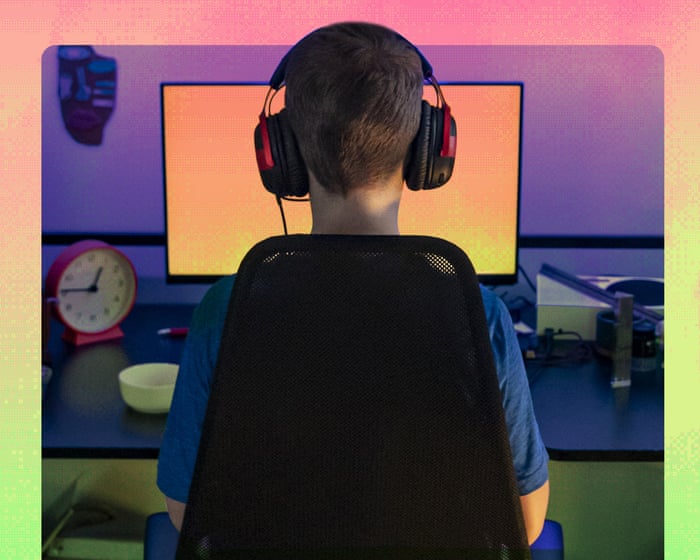
"When I was a teenager, gaming completely took over my life. I'd play for 12 or more hours a day; it was all I thought about. Video games gave me a different way to socialise because I didn't enjoy school and didn't have much of a social life offline. The gaming world became my entire environment, my escape, my community."
"After I got into cheating on video games, I became curious about how websites worked and started learning web application hacking. I reported vulnerabilities to companies and even ended up gaining recognition from Microsoft as a security researcher. What pushed me away from that path was how unrewarding it felt. Back then, there were no formal bug bounty programmes (where responsible hackers are rewarded for finding vulnerabilities in an organisation's online systems), and most companies didn't understand responsible disclosure."
Daniel Kelley was charged in 2016 with computer hacking, blackmail and fraud over a major telecoms data breach and was sentenced to four years' imprisonment. Since release, he has worked with more than 35 cybersecurity companies producing campaigns and thought leadership on digital threats. As a teenager, gaming consumed him and provided social connection outside school. A targeted DDoS attack drove him to research and an online hacking forum, sparking curiosity about web systems. He learned web application hacking, reported vulnerabilities and gained recognition from Microsoft. Limited bug bounty programmes and poor responsible-disclosure practices made security research unrewarding and contributed to risky choices.
Read at www.theguardian.com
Unable to calculate read time
Collection
[
|
...
]